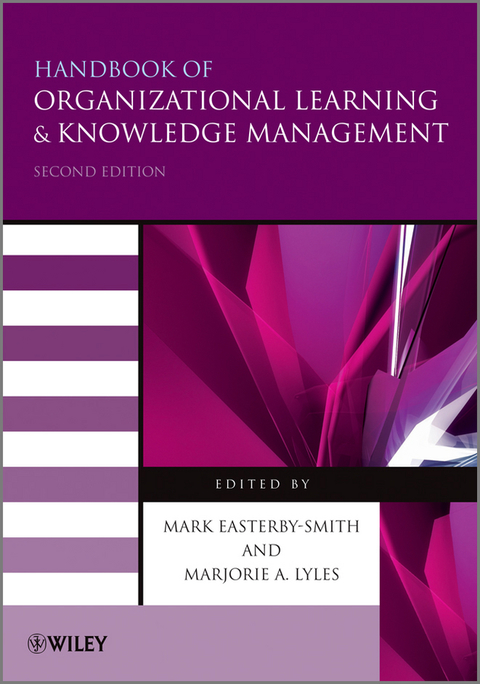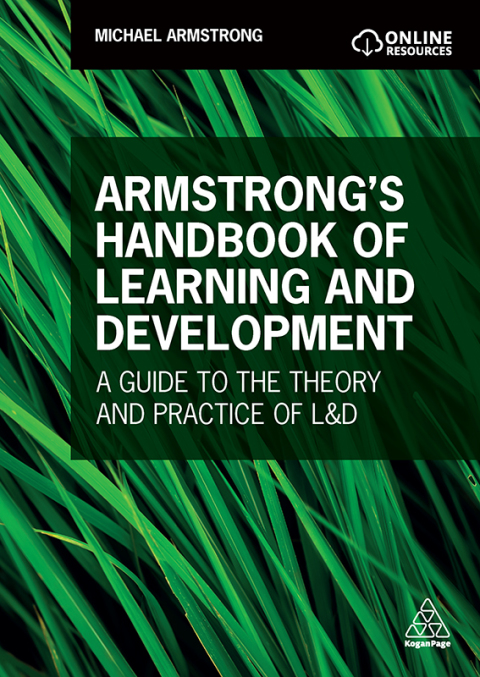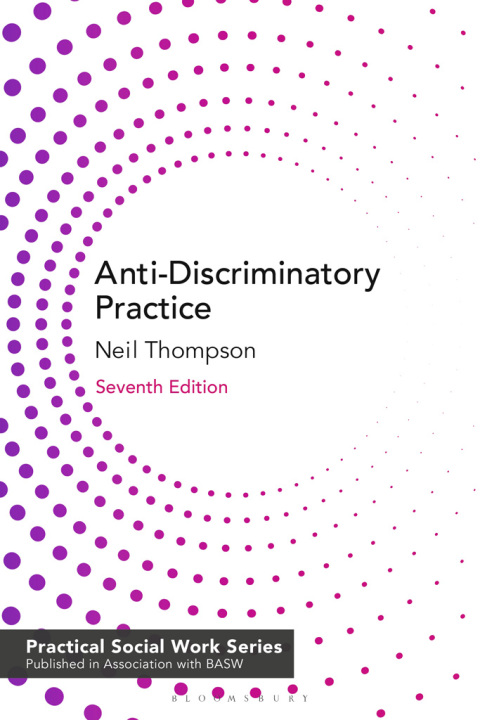Description
Efnisyfirlit
- Cover
- Dedication
- Title
- Copyright
- Chapter 1: The Evolving Field of Organizational Learning and Knowledge Management
- The Field and Scope of the Handbook
- Major Sources
- Watersheds
- Future Directions
- Conclusions
- References
- Part I: Disciplinary Perspectives
- Chapter 2: Organizational Learning Viewed from a Social Learning Perspective
- Abstract
- Introduction
- Organizational Learning Based Upon Individual Learning Theory
- Social Learning Theory in Organizational Learning Literature
- Inspiration from Pragmatism
- Conclusion and Discussion
- References
- Chapter 3: Organizational Learning: The Sociology of Practice
- Abstract
- Introduction
- The Grounding of the ‘Practice-based Studies’ Label
- The Polysemy of Practice
- The Epistemology of Practice
- The Becoming of a Practice and its Stabilization
- The Theoretical Contribution Made by the Study of Practices
- The Substantive Contribution Made by the Study of Practices
- Conclusions
- References
- Chapter 4: Psychological Perspectives in Organizational Learning: A Four-Quadrant Approach
- Abstract
- Introduction
- The Four Quadrant Framework
- Emotion in Organizational Learning
- Conclusion
- References
- Chapter 5: Information Technology and the Possibilities for Knowledge Sharing
- Abstract
- Introduction
- Literature Review
- Conceptualizing Knowledge Sharing and IT
- Indicative Case Example: Knowledge Sharing in Compound UK
- Implications for Enterprise 2.0 and Knowledge Management
- Practical Implications
- Conclusion
- References
- Chapter 6: Knowledge Management: Process, Practice, and Web 2.0
- Abstract
- Introduction
- Knowledge Management in Organizations
- The Role of Web 2.0 Technologies in Support of Organizational Knowledge Management
- Summary and Conclusion
- References
- Chapter 7: Knowledge Creation in Firms
- Abstract
- Knowledge Management: Perils and Promises
- Organizational Economics: A Novel Perspective on Knowledge Management
- Knowledge Management: Organizational Economic Insights
- Conclusions
- References
- Additional Reading
- Chapter 8: A Framework for Integrating Organizational Learning, Knowledge, Capabilities, and Absorptive Capacity
- Abstract
- Introduction
- Definition of Constructs
- Definition of Boundaries
- Integrative Framework
- The Moderating Role of a Knowledge Strategy
- Conclusions and Directions for Future Research
- References
- Part II: Organizational Learning and Learning Organizations
- Chapter 9: Learning Portfolios: An Alternative to Learning Organizations
- Abstract
- Introduction
- Images of Organizations and Learning
- Contrasting Images: Implications
- FIAT Auto: Case Example of a Company’s Learning Portfolio
- Analyzing Learning Portfolios
- Learning Portfolio Management
- Investment Dimensions to Learning
- Assessing Learning Effectiveness
- Guiding Learning Portfolios: The Role of the Chief Learning Officer
- Tailoring Theory and Application
- Conclusion
- References
- Chapter 10: Intersubjectivity and Community-Building: Learning to Learn Organizationally
- Abstract
- Introduction
- Knowledge, Cognition, and Organizational Learning
- Intersubjectivity: The Key to Communities and Community Building
- From Theory to Practice: Community Building
- Discussion—Some Key Learnings from Applying the Model
- Conclusion
- References
- Chapter 11: Fads, Fashions, and the Fluidity of Knowledge
- Abstract
- Introduction
- The Success of Senge’s TLO
- TLO’s Latency Period
- Senge’s Focus
- What Research into Fads and Fashions Says About TLO’s Success
- Fluid Knowledge
- References
- Chapter 12: The Contribution of Teams to Organizational Learning
- Abstract
- Introduction
- A Review of the Team Learning Literature
- Discussion
- Conclusion
- References
- Chapter 13: Absorptive Capacity
- Abstract
- Introduction
- Origins, Definitions, and Operationalizations
- Outcomes and Antecedents
- Moderators and Absorptive Capacity as a Moderator
- Progress, Problems, and Prospects
- References
- Chapter 14: Social Identity and Organizational Learning
- Abstract
- Introduction
- Social Identity
- Organizational Learning and Social Identity
- Identity Management in the Organizational Learning Process
- New Organizational Forms, Social Identity, and Learning
- Networks, Social Identity, and Learning
- Do New Organizational Forms Threaten Social Identity and Learning?
- Conclusions
- References
- Chapter 15: Organizations, Learning, and Emotion
- Abstract
- Introduction
- Learning, Knowledge, and Emotion
- Some Perspectives on Emotions
- Organizations, Management, and Emotion
- Organizational Learning, Politics, and Emotion
- Anxiety
- Transference, Anxiety, and Defenses
- Group Emotions, Collective Dynamics, and Learning
- Criticism, Learning, and Care
- References
- Chapter 16: Subtle Learning and Organizational Identity as Enablers of Strategic Change
- Abstract
- Introduction
- The Nature of Organizational Learning
- Subtle Learning
- Organizational Identity ←⇒ Organizational Learning
- Implications
- Conclusion
- References
- Part III: Knowledge and its Management in Organizations
- Chapter 17: Dominant Logic, Knowledge Creation, and Managerial Choice
- Abstract
- Introduction
- The Nature of Dominant Logic
- Variance Suppression
- Some Future Directions for the Study of Dominant Logic
- Process Dominant Logics
- References
- Chapter 18: Informal Knowledge and Innovation
- Abstract
- Knowledge and Innovation
- Why External Knowledge?
- Informal Modes of Knowledge Acquisition
- The Stage of Organizational Innovation and Informal Knowledge
- Informal Knowledge and Innovation: Next Steps
- References
- Chapter 19: Knowledge Sharing in Organizations: The Role of Communities
- Abstract
- Introduction
- The Problem of Knowledge Sharing
- Agency in Knowledge Sharing
- The Communal Resource
- Conclusion and Research Imperatives
- References
- Chapter 20: Organizational Forgetting
- Abstract
- Introduction
- Learning Curves and Knowledge Decay
- Unlearning and Forgetting
- A Comprehensive Model of Learning and Forgetting
- Conclusions and New Avenues for Research
- References
- Chapter 21: How Should We Understand Tacit Knowledge? A Phenomenological View
- Abstract
- Introduction
- Personal Knowing, Tacit Knowledge, and Skillful Performance: A Primer in Polanyi
- Tacit Knowledge in Management Studies: The Great Misunderstanding
- Articulating Tacit Knowledge
- Conclusions
- References
- Chapter 22: Organizing Knowledge in Social, Alliance, and Organizational Networks
- Abstract
- Introduction
- Knowledge in Three Network Types
- Networks: Integrative Perspectives
- Network Capability
- Progress and Prospects
- References
- Chapter 23: Knowledge Assets, Capabilities, and the Theory of the Firm
- Abstract
- Introduction
- Knowledge Assets and Learning
- Knowledge Assets and Competitive Advantage
- A Theory of the Learning Firm
- Conclusion
- References
- Chapter 24: The Human Side of Dynamic Capabilities: a Holistic Learning Model
- Abstract
- Introduction
- A Review of the Concept
- A ‘Holistic’ Framework of Dynamic Capabilities
- Conclusions
- References
- Chapter 25: Knowledge Structures and Innovation: Useful Abstractions and Unanswered Questions
- Abstract
- Organizational Knowledge-Bases
- Three Mechanisms of Innovation Search
- Dimensions of Organizational Knowledge-Bases
- The Antecedents of Organizational Knowledge-Bases
- Unanswered Questions
- References
- Part IV: Learning and Knowledge in International Contexts
- Chapter 26: The Impact of Intercultural Communication on Global Organizational Learning
- Abstract
- Introduction
- Communication in Global Organizational Learning
- Intercultural Communication
- Intercultural Communication Barriers to Organizational Learning
- Sender-related Intercultural Communication Barriers to Organizational Learning
- Receiver-related Intercultural Communication Barriers to Organizational Learning
- Cultural Intelligence and Levels of Readiness
- References
- Chapter 27: Collaborating, Learning and Leveraging Knowledge Across Borders: A Meta-Theory of Learning
- Abstract
- Introduction
- Mapping the Collaborative Learning Field
- Collaborative Learning
- Towards A Meta-framework of Collaborative Learning
- Concluding Remarks
- References
- Chapter 28: Organizational Learning in Asia
- Abstract
- Taking Stock of Past Research
- Nonaka’s Theory of Knowledge Creation
- Towards a Pan-Asian Perspective on Organizational Learning
- Implications for Organizational Learning and Knowledge Creation
- References
- Chapter 29: Learning Across Boundaries: The Effect of Geographic Distribution
- Abstract
- Introduction
- Theoretical Framework
- Effect of Contextual Factors on Organizational Learning and Knowledge Transfer
- Future Work and Conclusion
- References
- Index
- End User License Agreement






Reviews
There are no reviews yet.